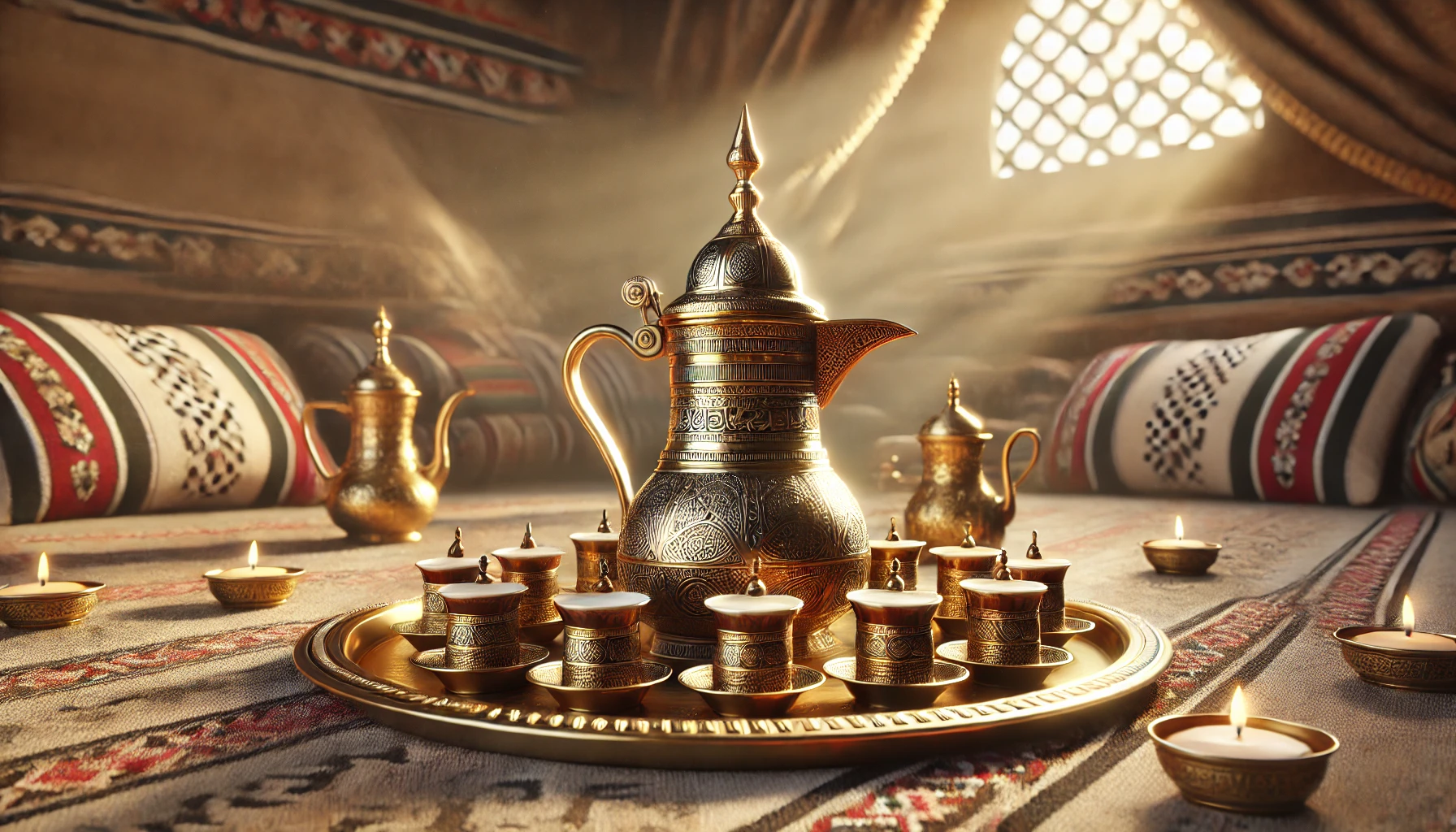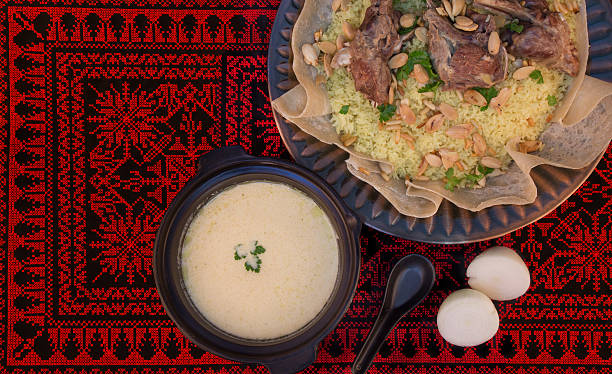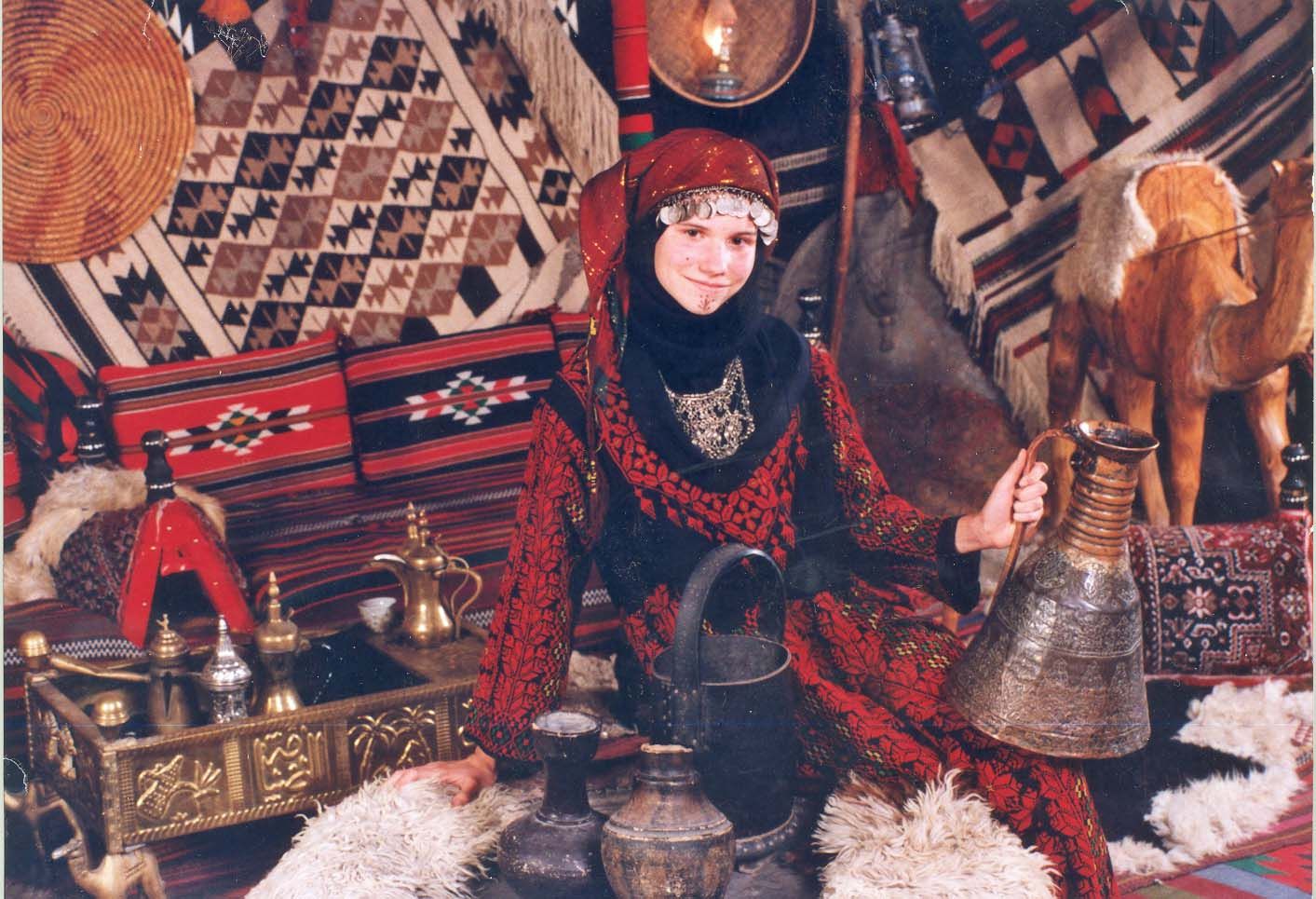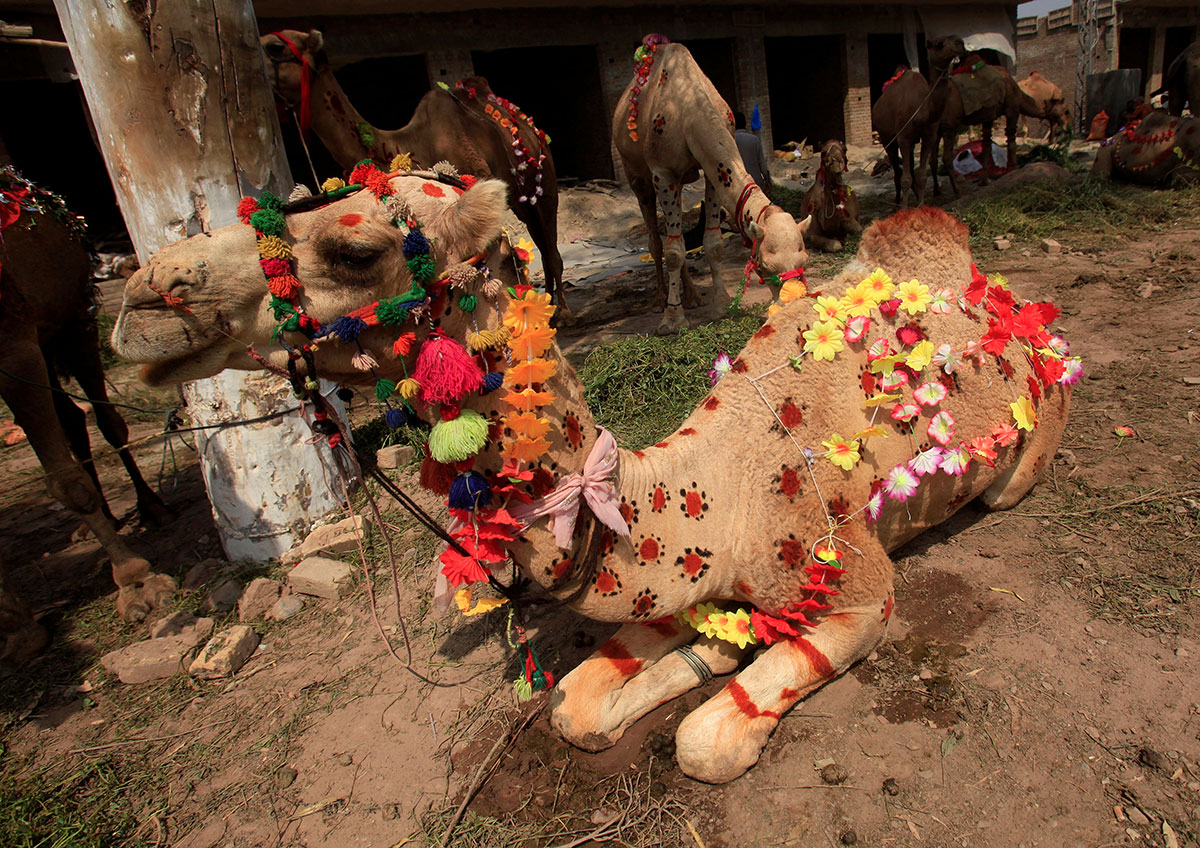Discover the rich cultural significance of Jordanian coffee, where every sip tells a story of hospitality, respect, and togetherness.

The Essence of Jordanian Coffee
In Jordan, coffee is far more than a beverage; it is a deep-rooted cultural symbol of hospitality, trust, and respect. Known as “qahwa sada”, this cardamom-flavored Arabic coffee plays an integral role in Jordanian traditions and social interactions.
Jordanian coffee, or “Al-Qahwa”, is made from lightly or heavily roasted coffee beans (roasted at temperatures ranging from 165°C to 210°C) combined with cardamom. Often served with dates or candied fruit, the coffee is presented in a “dallah” (a special coffee pot) and poured into small, handleless cups called “fenjan”. These small portions barely cover the bottom of the cup and are always served with warmth and generosity.
Coffee in Jordanian Hospitality
- Symbol of Respect: Serving coffee to guests is a key aspect of the Hashemite Kingdom’s renowned hospitality. Whether at a wedding, funeral, or casual gathering, coffee is always offered with compliments from the host.
- Bedouin Traditions: In Bedouin culture, coffee takes on an even deeper meaning. It reflects the mark of a man’s character and the value he places on his guests.
Rituals and Symbolism in Bedouin Coffee Traditions
In Bedouin communities, the preparation and serving of coffee are steeped in symbolism:
- The Invitation: The act of making coffee can be a signal to nearby families that something important is happening. The pounding of freshly roasted beans in a “mihbash” (a pestle and mortar, sometimes wooden or metal) creates a distinctive jangling sound, inviting those within earshot to gather.
- Brewing and Serving: The coffee is brewed with cardamom in a “dallah”, set over embers, and served to guests in thimble-sized cups.
- The Three Cups of Coffee:
- The first cup, “le’Dhayf” (for the guest), represents hospitality.
- The second cup, “lel’kayf” (for the mood), signals relaxation and enjoyment.
- The third cup, “l’ssayf” (for the sword), signifies the resolution of any tension or animosity.
Only after these three cups are shared can discussions or social interactions begin, highlighting the importance of coffee in Bedouin traditions.
Coffee: The Universal Jordanian Connector
Whether in modern urban homes or traditional Bedouin tents, Jordanian coffee is a universal connector. Its preparation, serving, and shared experience bring people together, transcending differences and creating a sense of community.
Jordanian coffee is more than a drink—it’s a reflection of the country’s soul. From its careful preparation to the symbolism behind every cup, this cultural tradition is a testament to Jordan’s hospitality and heritage.
Looking to experience Jordan’s rich cultural traditions for yourself? Explore our exclusive cultural tours and start your journey today!





Leave a Reply